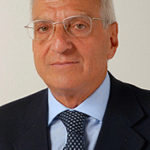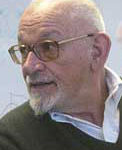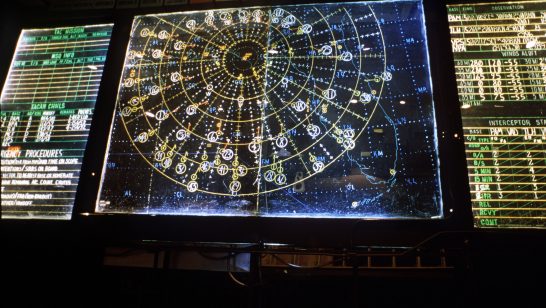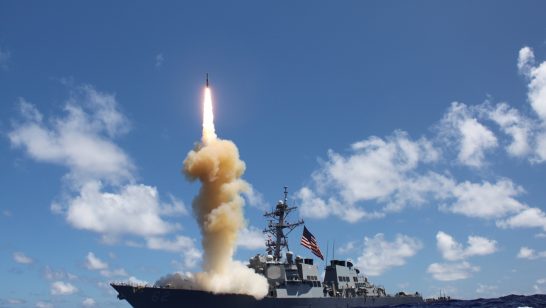
Also published in the Italian daily Il Foglio (“The Sheet”) on Saturday October 16th, 2010.
In January 2007 four eminent American statesmen – Henry Kissinger, George Shultz, William Perry and Sam Nunn — argued in the Wall Street Journal that the existence and diffusion of nuclear weapons has become such a serious problem as to require urgent steps toward their complete elimination. In April 2009, the Prague speech by President Obama endorsed this approach. Last May, the signature of the New Russian-American START Treaty sanctioning controlled reductions of the nuclear weapon arsenals of these two countries took place, and at around the same time, the new American nuclear doctrine, restricting the circumstances of possible employment of nuclear weapons was published. We also witnessed the positive outcome of the Quinquennial Review Conference of the Non Proliferation Treaty in New York.
The total elimination of nuclear weaponry is still a distant goal, but these are forward steps in the right direction. Now NATO has the possibility to also contribute to this process. As Il Foglio wrote — the only Italian newspaper to have mentioned this issue — the Secretary General of NATO, Rasmussen, is now completing the draft of the new Strategic Concept of the Alliance, which shall replace the current one, established in 1999. The text, not yet publicized, has been distributed to the governments of the member States. Next 19-20 November, in Lisbon, the NATO ministerial conference will approve and issue this document.
In Europe, over the last few months, a new group of figures has been formed, of which we are members. The European Leadership Network includes over 100 personalities from various political backgrounds, the majority of who served in key governmental positions in their own countries. The group supports multilateral reductions of nuclear weaponry and its members believe that NATO should actively promote this goal. An opportunity is provided by the formulation of the new Strategic Concept. In this context, many ELN members, would now like to see the following:
1. A reduction, and eventually a withdrawal, of the remaining American nuclear weapons deployed in Europe — so called tactical, numbering approximately 200 – and originally earmarked to face an overwhelming conventional attack by the Soviet Union, but having today, as universally recognized, no military justification.
2. The opening of a dialogue with Russia aimed at the agreed elimination of all tactical nuclear weapons from Europe, up to the Urals.
3. A reformulation of NATO’s nuclear doctrine stating clearly that the sole role of nuclear weapons is to deter a nuclear attack.
4. A revival of the Russia-NATO council aimed at developing cooperative relations, including in that context an examination of the problems related to antimissile systems.
5. The bringing to a new life the Treaty for the reduction of Conventional Forces in Europe.
On these questions there are differing views and feelings both within each country, and among members of the Alliance. It seems nevertheless to us that the Secretary General should focus on the long term view and move — even with maximal caution — in the directions we indicated. The risks of a novel nuclear arms race extending to new countries are very serious. To reduce them it is indispensable that the two major nuclear-weapon countries, USA and Russia, cooperate more closely and especially that they proceed to further reductions of their nuclear arsenals, which are still excessive. NATO, which is today more and more focused on tasks different from those indicated in its original charter, must take an active role in this endeavour.
The opinions articulated above represent the views of the author(s), and do not necessarily reflect the position of the European Leadership Network or any of its members. The ELN’s aim is to encourage debates that will help develop Europe’s capacity to address the pressing foreign, defence, and security challenges of our time.




